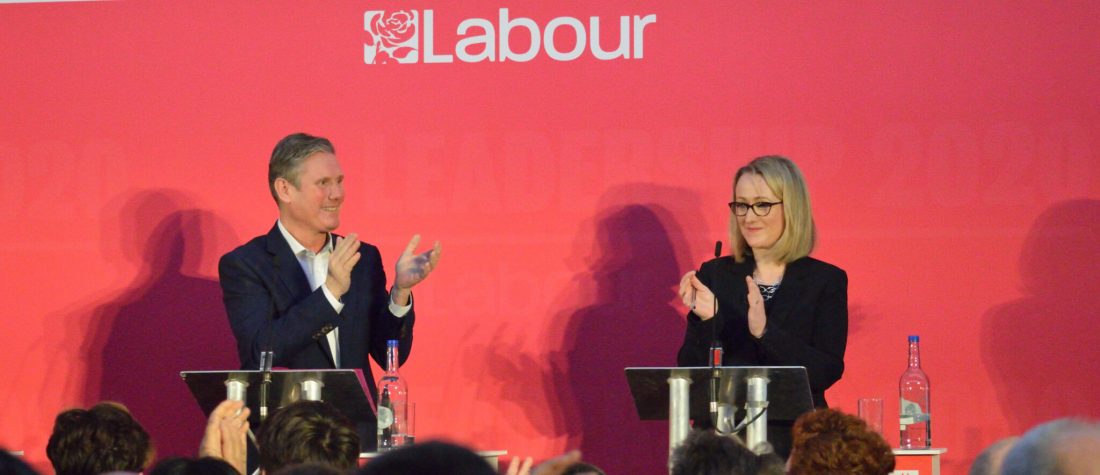Keir Starmer became leader of the Labour party just under a year ago. He isn’t doing great; he isn’t doing terribly either, but few seem to believe he currently is doing a brilliant job.
One might argue that no politician could master the art of opposition in the current political circumstances anyway, but it isn’t just that. While it seemed fair to give him and his team a few months to find their feet at the beginning, it feels like they are still struggling to exit this initial phase.
This was seen most recently in a poll from J.L. Partners, which found that Red Wall voters were still turned off by Labour, mostly because “it is unclear what Keir Starmer stands for”. This isn’t especially surprising, as evidenced by the many pieces published over the past six months telling the leader what he should (and should not) be doing to forge a path forward.
Of course, the advice conveniently tends to line up with the writer’s pre-existing political beliefs; “embrace more Corbyn-era policies” from the left-wingers, “stop paying so much attention to the left-wingers” from the centrists, and so on.
I am not here to offer my own reflections on what Starmer should be doing, but instead to ask a question – one to which I do not have the answer. What if there isn’t a path forward for Keir Starmer?
If you look at the last two leaders of the opposition who managed to bring their party into power – David Cameron and Tony Blair – it soon becomes obvious that they have one thing in common. They did not only define themselves in opposition to whoever was in government at the time, but also – and perhaps mainly – in opposition to the way their party used to be.
Blair wasn’t only the anti-Major; building on Kinnock’s work, he got to establish himself as the anti-Foot, and the anti-Militant. Similarly, Cameron was, to an extent, the anti-Brown, but he was mostly the anti-Duncan Smith and anti-Howard.
If your party has lost several elections in a row, it isn’t enough to tell voters you’re better than the other guy. You also have to show them you’re different from the guys who represented your side before you did.
Keir Starmer cannot replicate this. Though he has tried to distance himself from Jeremy Corbyn, he still served in his shadow cabinet for several years, and the Labour policies he has announced so far do not stray entirely from his predecessor’s.
In a way, he is quite similar to Ed Miliband; keen for a fresh start but not intent on starting a full-scale war on what the party used to be, he is stuck in stasis. Like Miliband, this means he is now being consistently briefed against by both the left and the right of the PLP, with few in the middle offering full-throated support.
Meanwhile, the electorate isn’t especially impressed; they didn’t like the old guy, and the new guy seems a bit different, but no-one seems sure what the new guy actually wants. And so we come back to my question: Keir Starmer was elected because party members, tired and weary after years of factional wars, wanted some peace and quiet professionalism, and he provided that.
What if instead, the party needed someone more adept at picking internal fights and winning them? What if a party can only win an election after it has beaten its internal critics into submission? What if Labour needed a better fighter and not a peacemaker? What if there isn’t a path forward for Keir Starmer?


